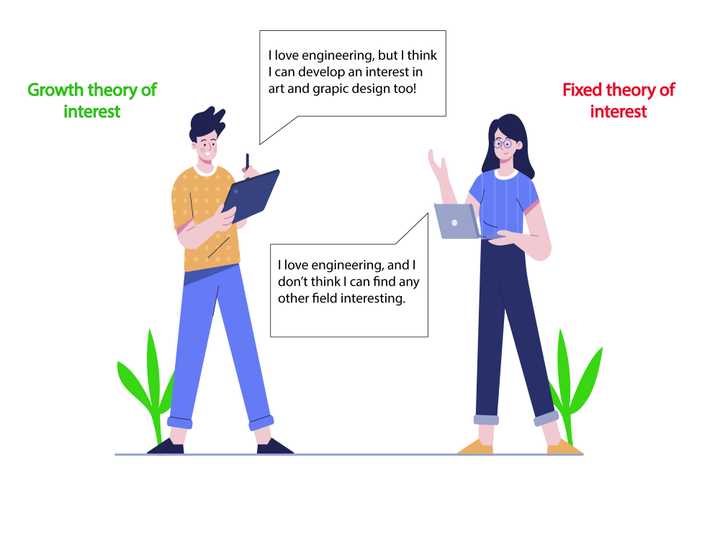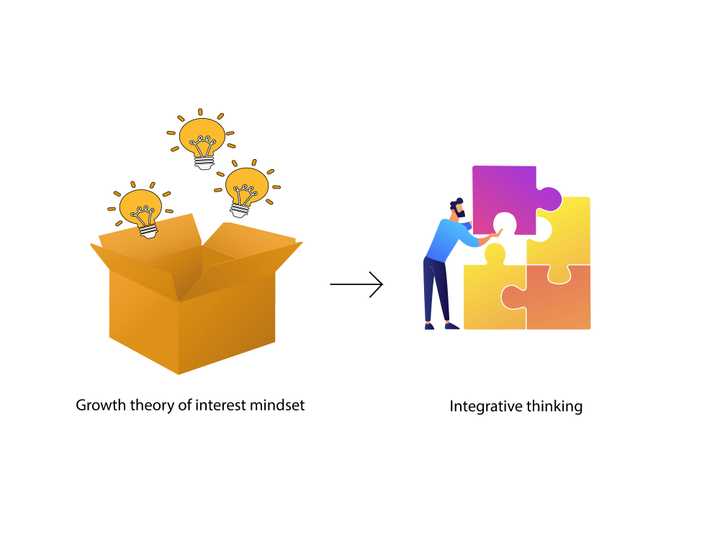
Everything you need to know about stem cells
What are stem cells, and what makes them so unique? What are the different types of stem cells, and how have they impacted modern medical science? Here is us answering all your questions about stem cells.

What is the first thing that comes to your mind when you hear the word ‘innovation’? - Out of the box thinking? Creativity? Revolution? To get a clearer picture let’s take a look at some of the creations in the past decade that are deemed innovative.
Google assistant - A platform that uses engineering technology to help people do their day to day activities like set reminders, place orders and scan the internet for information.
Paypal - A digital wallet that uses computing technology to make sending and receiving money hassle free.
The Bosco Verticale - A high rise residential building in Italy, covered with lush vegetation comprising almost 1500 species of plants. The building uses architectural design and mathematics to create a bio sustainable space to live in.
All of these incredible innovative ideas have one key thing in common - Integration of knowledge from diverse areas like science, economics and arts/humanities. In fact highly innovative thinkers have been shown to be more likely to see connections between seemingly unrelated topics and hence apply them into new ideas. But what are the factors that contribute to this kind of integrative thinking? Can certain specific mindsets propel people into integrative thinking? Let’s find out!

Growth theory of interest versus fixed theory of interest. Image created by Sunaina Rao using vectors designed by Freepik.
It has been shown that when it comes to interests, people tend to have either of the two mindsets. The ones with a ‘fixed theory of interest’ mindset, believe that interests are fixed and inherent to oneself. For example, an engineer (who is passionate about the sciences) with a fixed theory mindset might feel they have found their calling and hence finds no interest in areas outside their field, like the arts or commerce. Whereas people with a ‘growth theory of interest’ mindset, although having a well established area of interest, believe that interests outside of this can be cultivated in their lifetime. For example an engineer with a growth theory mindset, might be drawn to mismatching fields like economics or the humanities. They may feel that just because one has found their calling, does not mean other interests cannot be grown and harnessed.
Now which of these two mindsets do you think might help in integrative thinking , the kind of thinking that requires knowledge from seemingly unrelated fields? The growth theory mindset? That is indeed a good guess, but let’s try to understand why. Studies actually show that interest in a certain area heightens attention towards that area. Also, interest in a specific subject can enhance learning of that subject. Now this in turn can help make better connections between an area where interest is well established and an outside area of interest.
A group of scientists from the National University of Singapore, conducted a bunch of studies to explore if this correlation between the growth theory of interest mindset and integrative thinking, can indeed be made.
The studies conducted by the team, obtained some very interesting results.
Now the question was, what made individuals with a growth theory mindset better integrate ideas from fields outside their interest? What was their motivating factor? Also, these studies were all done in students. Would the same equation hold true for individuals who have left college and were employed in different fields?
To test this they conducted their fourth and final study which included participants working in different companies/organizations/teams. They found that people with a growth theory mindset found higher utility in fields outside their interest in comparison with the ones with fixed theory. This in turn led them to come up with better integrative ideas in their integrative task of creating new college majors.

Individuals with a growth theory of interest mindset have a higher tendency of integrative thinking, as they see utility in fields outside their areas of interest. Image created by Sunaina Rao using vectors designed by Freepik.
The study essentially points out that individuals with a growth theory mindset have a higher tendency of paying attention to things outside their field of interest, and find some form of utility in those things. This in turn leads them to have a higher chance to think in an integrative manner.
Some questions still remain though. For example let’s consider a person with a fixed theory mindset but has vast knowledge about fields outside his interests. Would this person also exhibit integrative thinking? Also, what about a young graduate let’s say, who knows very little outside their area of interest? Would this lack of knowledge disable integrative thinking? These are some of the questions the group wishes to tackle going forward.
What’s intriguing is how just one’s mindset about interest, can influence so many other aspects of their psychology. The study essentially underlines the importance of a growth theory mindset in many areas - perhaps in education, where integration of knowledge from varied subjects may actually help in better understanding of the subjects; or in innovative companies, where integration and collaboration between different fields help evolve better products. Also, during unstable economic times (such as the COVID-19 pandemic), it might help unemployed individuals seek opportunities outside their established areas of interest.
Indeed it would be interesting to know if a growth theory mindset could be one of the distinguishing traits of highly innovative individuals. Additionally, from the studies we see that this mindset can be artificially induced. So can individuals like you and I, and several other companies, employ strategies to enhance integrative thinking? Could this be the future of innovation? Only further research can say.